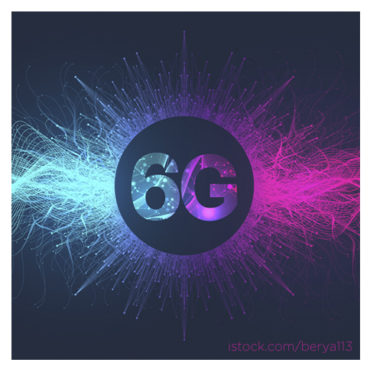Twelve of Europe’s largest mobile network operators have requested regulators to allocate the entire upper 6 GHz band for mobile services, MobileWorldLive reported. This request aims to ensure the region keeps up with the U.S. in launching and developing 6G technology. The letter, signed by CTOs from operators including the UK’s Vodafone Group (NASDAQ: VOD), Germany’s Deutsche Telekom (OTCQX: DTEGF), Spain’s Telefónica (NYSE: TEF), and France’s Orange (OTC: ORANY), highlighted their commitment to investing in European connectivity and called for a strategic approach regarding the upper 6 GHz band.
The U.S. designated the band for WiFi in 2020, while China allocated it for 5G and 6G two years ago. Europe has yet to decide on its allocation. Most European nations auctioned airwaves in the 3.4 GHz to 3.8 GHz band for initial 5G deployments. The letter cited increasing demands on current spectrum capacity and emphasized that future services like 6G would require access to the upper 6 GHz band to be made available to mobile networks. The letter also noted that “mobile alone is expected to contribute 8.4 percent of global GDP by 2030” and that restricted access to the upper 6 GHz could limit mobile’s impact on GDP growth.
Regarding 6G, the MNOs argued that without additional spectrum, services in this band would be limited, potentially affecting Europe’s role in 6G development. They expressed concerns about U.S. stakeholders seeking access to the band for WiFi, pointing out that European telcos are primary providers of WiFi services. They warned that if the decision is delayed and U.S. technology interests gain more 6 GHz capacity, Europe’s competitiveness could be compromised.





Reader Interactions